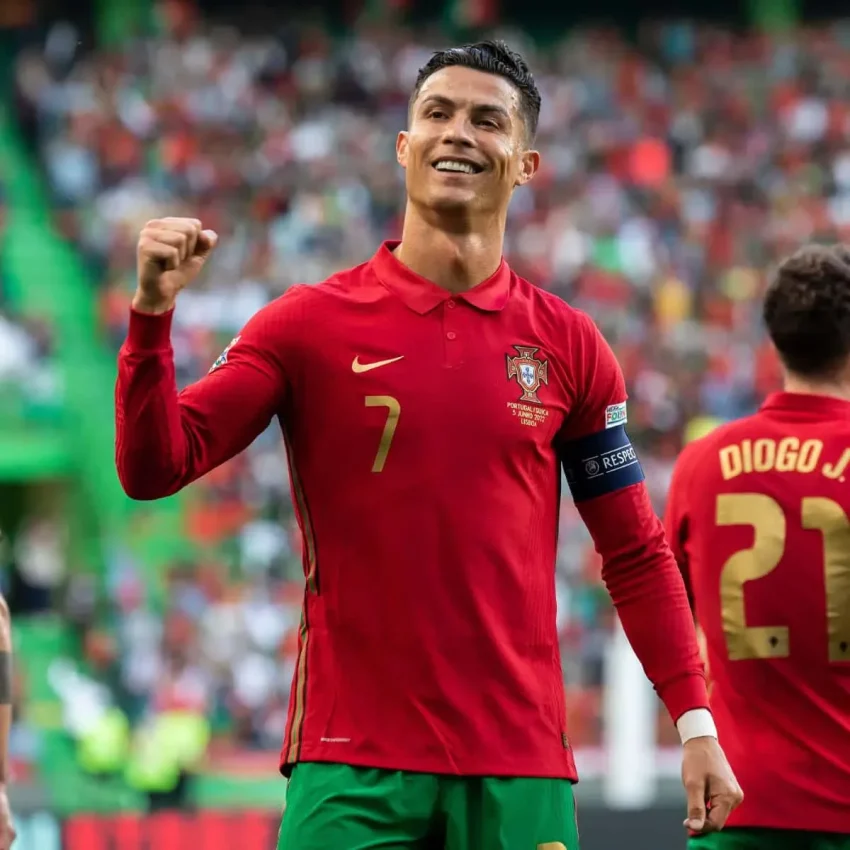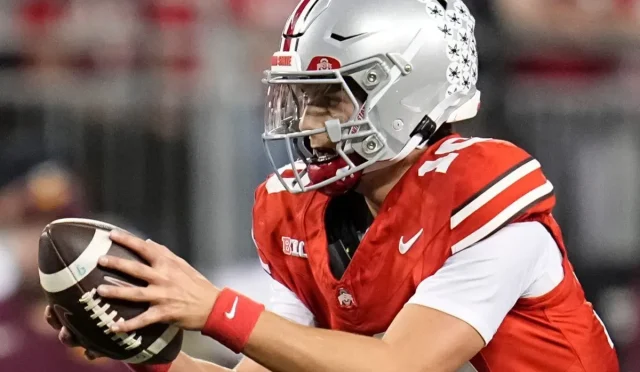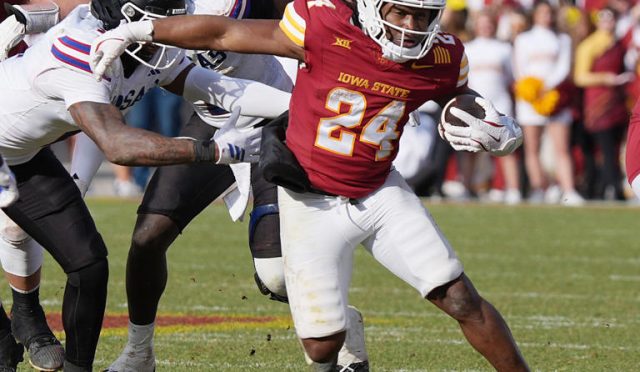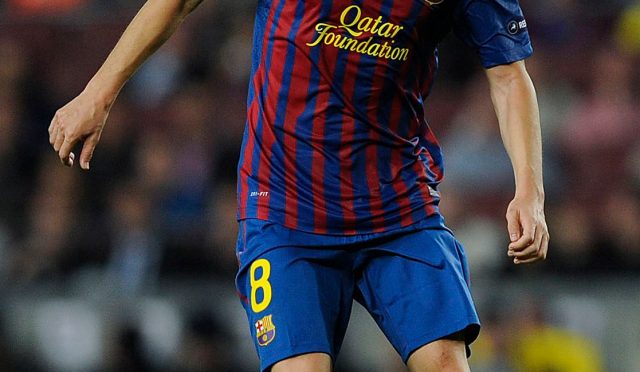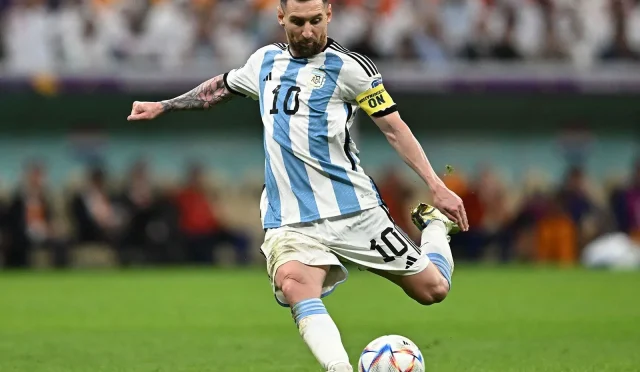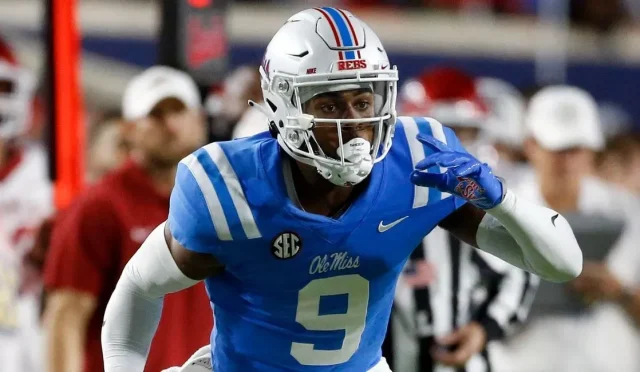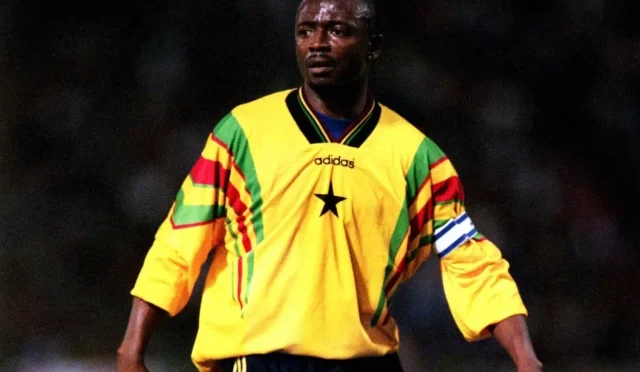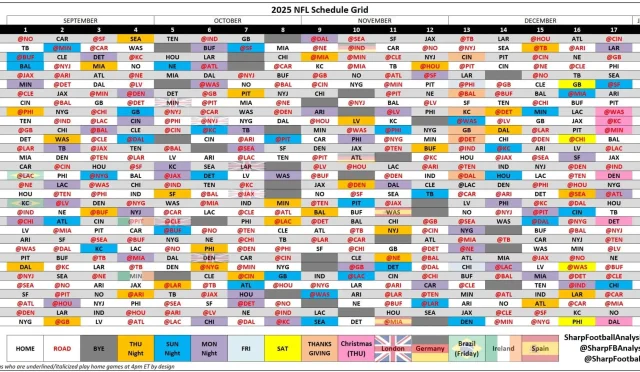Ronaldo, the Brazilian football legend, is celebrated for his extraordinary contributions to the sport, particularly during the iconic FIFA World Cup 2002, where he led Brazil to victory and captured the hearts of millions. Born on September 18, 1976, in Itaguai, Brazil, Ronaldo quickly rose to fame, earning the prestigious title of FIFA Player of the Year three times (1996, 1997, and 2002). His dynamic skills and unmatched talent were on full display during his outstanding Inter Milan career, cementing his status as one of the greatest players in history. From his early beginnings in a Rio favela to dominating European football, Ronaldo’s biography is a testament to resilience and excellence in the beautiful game. With a career that dazzled fans around the globe, Ronaldo’s legacy continues to inspire aspiring athletes today.
Known as one of football’s all-time greats, the Brazilian icon stands out not only for his technical prowess but also for the impactful milestones he achieved, particularly in pivotal tournaments like the FIFA World Cup. This legendary athlete, often hailed as a phenomenon, captured the imagination of fans worldwide with his innovative playstyle and prolific scoring during memorable stints with clubs like Inter Milan. His impressive accolades, including multiple honors as Player of the Year, highlight a career filled with remarkable achievements and unforgettable moments on the pitch. From humble beginnings to global superstardom, the journey of this remarkable sportsman encapsulates the spirit of determination and greatness that defines football history.
Ronaldo: A Journey from Brazil to Global Stardom
Ronaldo, often referred to as ‘Il Fenomeno,’ is widely regarded as one of the greatest footballers of all time. His journey began in the impoverished neighborhood of Bento Ribeiro, Brazil, where he honed his skills at a young age. Despite facing financial hardships, Ronaldo’s talent shone brightly as he quickly moved from local clubs to the Brazilian national spotlight. His early career was marked by a fierce determination to succeed, eventually leading him to the prestigious FIFA World Cup stage.
At just 17, Ronaldo was already making waves and demonstrating a level of skill rarely seen at his age. His performances with Cruzeiro caught the eye of European scouts, leading to his transfer to PSV Eindhoven. There, he not only showcased his unmatched scoring ability but also laid the foundation for an illustrious career in top-tier European football. This marked the beginning of Ronaldo’s incredible journey to becoming a Brazilian football legend.
Ronaldo’s Impact on the 2002 FIFA World Cup
The 2002 FIFA World Cup was a defining moment in Ronaldo’s career, as he led Brazil to its fifth title, solidifying his place in football history. Emerging from an injury that had sidelined him for much of the preceding years, Ronaldo made a stunning comeback. His extraordinary performance in the tournament, where he scored eight goals, not only captured the Golden Shoe but also rekindled the hopes of a nation desperate for victory. His clinical finishing and remarkable dribbling prowess showcased why he is regarded as one of the all-time greats.
Ronaldo’s goals in the 2002 World Cup included memorable strikes against Belgium in the quarter-finals and a famously composed brace in the final against Germany. His ability to perform on the grandest stage of all, combined with his resilience against adversity, transformed him from a talented player into a national hero. This World Cup achievement further entrenched his legacy as a Brazilian football legend and reaffirmed his status as a two-time FIFA Player of the Year.
Ronaldo’s Stellar Career at Inter Milan
Ronaldo’s time with Inter Milan was characterized by exceptional skill and shocking injuries. Joining the club in 1997 for a then-world record fee, he quickly adapted to Serie A, earning the nickname ‘Il Fenomeno’ for his astonishing ability to dominate defenders. His dribbling skills, speed, and intelligent play made him a nightmare for opponents, as he netted 49 goals in just 68 appearances. At Inter, Ronaldo won the Coppa Italia, further proving his ability to thrive even in a competitive league known for its tough defenses.
Despite facing significant setbacks due to injuries, including two devastating knee injuries, Ronaldo’s contribution to Inter Milan remained impactful. Even in the face of adversity, his ingenuity and love for the game shone through, making him a beloved figure among fans. Many regard his years at Inter as a golden period that showcased his ability to fight back against challenges and keep his passion for football alive.
Ronaldo’s Legacy in Global Football
Ronaldo’s influence extends far beyond his playing days; his legacy in global football is still felt today. His extraordinary achievements, including multiple Player of the Year honors and being the star of the 2002 World Cup, have inspired countless aspiring footballers. His unique playing style, which combined speed, power, and finesse, has redefined what it means to be a forward in modern football. As a role model, Ronaldo has become emblematic of hard work, resilience, and excellence in the sport.
Post-retirement, Ronaldo has continued to impact the football world through ownership roles and promoting the game. His investment in clubs like Real Valladolid and Cruzeiro shows his commitment to nurturing future talents. As a figure who once occupied the pinnacle of football performance, Ronaldo’s story serves as a beacon of inspiration for upcoming generations, as they strive to emulate his success and passion for the beautiful game.
Ronaldo’s Early Life: Challenges and Triumphs
Ronaldo’s early life was a testament to perseverance amidst adversity. Born in Itaguai, Brazil, he grew up in a modest household, requiring his family to navigate financial hardships. His father’s labor-intensive job and his family’s struggles instilled in Ronaldo a sense of dedication and resilience from a young age. Despite these challenges, he found solace and purpose in football, often playing with neighborhood friends and honing his skills on the streets.
At the age of twelve, Ronaldo joined the Social Ramos Club, marking the beginning of a promising football journey. His passion for the sport was evident, and it wasn’t long before he earned a place on local teams, eventually moving to larger clubs like São Cristóvão. These formative years not only shaped his talent but also fostered a tenacious spirit that would characterize his entire career as he transitioned from a boy with dreams to a football legend.
Ronaldo’s Transition to European Football
Ronaldo’s transition from Brazil to European football marked a significant turning point in his career. After impressing at Cruzeiro, he secured a move to PSV Eindhoven, where he continued to develop his skills. The competitive environment of European football allowed Ronaldo to flourish, as he adapted to the playing style and intensified competition. His remarkable ability to score goals quickly garnered attention, paving the way for subsequent transfers to clubs like FC Barcelona and Inter Milan.
During his initial years in Europe, Ronaldo demonstrated a remarkable adaptability that spoke volumes about his dedication. At PSV, he showcased his incredible dribbling skills and an instinct for finding the back of the net, amassing numerous accolades. His seamless transition into European clubs illustrated not only his raw talent but also his determination to solidify his status as a global football powerhouse.
Ronaldo’s Comeback Story: Triumph over Adversity
Ronaldo’s career was notably marred by injuries, particularly a devastating knee injury in 1999 that seemingly threatened his future. Many doubted whether he could return to his prior elite level of performance. However, with perseverance and unwavering commitment to rehabilitation, Ronaldo made an inspiring comeback. He defied expectations, re-emerging stronger and more determined than ever, culminating in his remarkable performance at the 2002 FIFA World Cup.
His ability to overcome such significant setbacks is a story of resilience that resonates with fans across the globe. Ronaldo’s return not only reestablished him as a key player in international football but also epitomized the spirit of tenacity that every athlete aspires to embody. His journey from tumultuous injuries to triumphant success serves as a powerful narrative of hope and determination for all those facing their own challenges.
Ronaldo’s Role in Modern Football Management
Since retiring from professional football, Ronaldo has taken on pivotal roles in football management and ownership. As the majority owner of Real Valladolid, he aims to apply his knowledge and experience to help elevate club performance and nurture young talents. His involvement highlights a modern player’s evolution beyond the pitch, stepping into positions of influence where he can shape the future of football.
Additionally, Ronaldo’s stakes in Brazilian club Cruzeiro showcase his desire to give back to the sport that shaped him. He uses his insights to guide the next generation, instilling values of hard work and dedication. As an active contributor to football management, Ronaldo maintains a connection with the sport and demonstrates how ex-players can leverage their fame and experience to benefit clubs and communities.
Ronaldo’s Impact on Youth Football Development
Ronaldo’s influence extends into the realm of youth football development, where his legacy inspires young players worldwide. Understanding the struggles he faced during his formative years, Ronaldo is passionate about ensuring that future generations have opportunities to showcase their talent. His investments and initiatives focus on supporting grassroots programs and nurturing aspiring athletes.
Several projects initiated by Ronaldo aim to provide resources, training, and mentorship to young talents. He envisions a football landscape where every child, regardless of background, has the chance to pursue their dreams. In doing so, Ronaldo not only preserves his legacy but also cultivates a new generation of footballing heroes.
Frequently Asked Questions
What is Ronaldo’s biography and early life story?
Ronaldo, born on either September 18 or 22, 1976, in Itaguai, Brazil, experienced a humble upbringing in the suburb of Bento Ribeiro. His passion for football began at the age of 12 when he joined the Social Ramos Club, eventually playing for São Cristóvão and then moving to Cruzeiro by 1992, marking the start of his illustrious career.
How did Ronaldo lead Brazil to victory in the FIFA World Cup 2002?
Ronaldo played a pivotal role in Brazil’s success at the FIFA World Cup 2002, scoring eight goals during the tournament and receiving the Golden Boot for being the top scorer. His exceptional performance was crucial in securing Brazil’s fifth World Cup title.
Why is Ronaldo considered a Brazilian football legend?
Ronaldo is widely regarded as a Brazilian football legend due to his outstanding achievements, including winning three FIFA Player of the Year awards and leading Brazil to a World Cup victory in 2002. His extraordinary skills and goal-scoring abilities have left a lasting legacy in football history.
What labels did Ronaldo earn during his time at Inter Milan?
While at Inter Milan, Ronaldo gained the nickname ‘Il Fenomeno’ due to his remarkable dribbling skills and goal-scoring prowess. He was also the first player to win FIFA’s Player of the Year award consecutively in 1997 and 1998.
What were Ronaldo’s key achievements as FIFA Player of the Year?
Ronaldo won the FIFA Player of the Year award three times (1996, 1997, 2002), an accolade that highlights his exceptional talent and impact on the game during his career, especially notable during his time at clubs like Barcelona and Inter Milan and leading Brazil in major tournaments.
| Key Point | Details |
|---|---|
| Birth and Early Life | Born in Itaguai, Brazil on September 18, 1976. Grew up in a poor neighborhood and started playing football at age 12. |
| Club Career | Played for PSV Eindhoven, FC Barcelona, and Inter Milan. Notably won the 1995 league championship with PSV and became a top scorer in various tournaments. |
| World Cup Success | Led Brazil to a win in the 2002 World Cup, finishing as the tournament’s top scorer with eight goals. |
| Injuries and Retirement | Retired in 2011 after battling significant injuries, including a serious knee tendon injury. |
| Awards | Won multiple awards including FIFA World Player of the Year and Ballon d’Or. |
| Post-Retirement | Became majority owner of Real Valladolid and invested in Cruzeiro, but plans to sell his holdings in both clubs. |
Summary
Ronaldo is celebrated as one of the greatest football players in history, known for his remarkable achievements including winning the World Cup in 2002 and multiple Player of the Year awards. His journey from a humble beginning in Brazil to football stardom demonstrates his extraordinary talent and resilience. As fans remember Ronaldo, his impact on the sport continues to inspire aspiring athletes worldwide.

